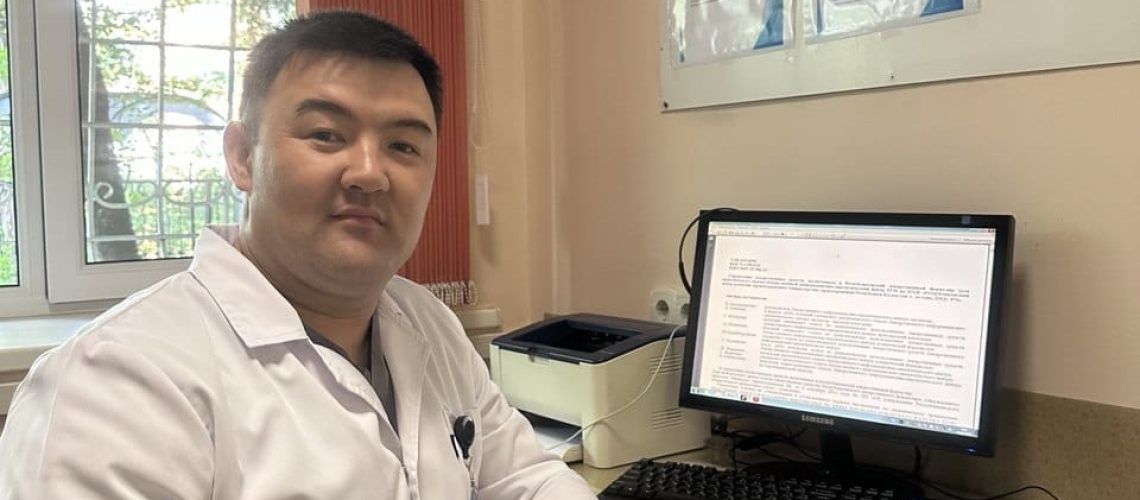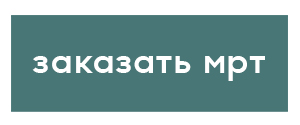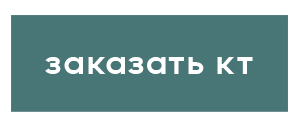Arterial hypertension is a chronic disease, the main symptom of which is a constant or periodic increase in arterial pressure. If the systolic (“upper pressure”) reading is above 140 mm of mercury, and the diastolic (“lower pressure”) is above 90 mm of mercury, then the blood pressure is considered high. Complications of arterial hypertension can lead to diseases such as stroke, myocardial infarction, renal failure, and vision impairment.
According to WHO data, nearly 30% of adults worldwide suffer from this condition. This means more than a billion people. It is impossible to diagnose this disease without measuring blood pressure. What is a hypertensive crisis? It is a complication of arterial hypertension. Blood pressure rises sharply to 180/120 mm of mercury or higher. Symptoms of the condition include:
severe headache, dizziness, nausea, vomiting, vision impairment, the appearance of “black spots” before the eyes, ringing in the ears, increased heart rate, hand tremors, sweating and thirst, chest pain, difficulty breathing, weakness, anxiety, nervousness, fear.
This is a situation that requires urgent medical attention. Dr. Olzhas Zaripov from the emergency medical department of the National Hospital gives the following advice in such a situation:
Measure your blood pressure every 20-30 minutes and record the results in a special notebook or on paper. Also, record the names of the medications taken, their dosage, and the time of intake. Note! If your pressure does not decrease within an hour or if your condition worsens, call an ambulance!
The doctor also states that a hypertensive crisis can be prevented. For this, it is necessary to regularly take hypotensive medications and constantly monitor blood pressure. It is advisable to keep a tonometer and emergency medications recommended by a doctor (captopril, clonidine, etc.) with you. Try to avoid causes that can trigger a hypertensive crisis. Follow all the doctor’s prescriptions accurately and consistently. Also, it is necessary to establish a daily routine and perform physical exercises. Sleep should not be less than 7-8 hours. It is advisable to keep your weight under control.




